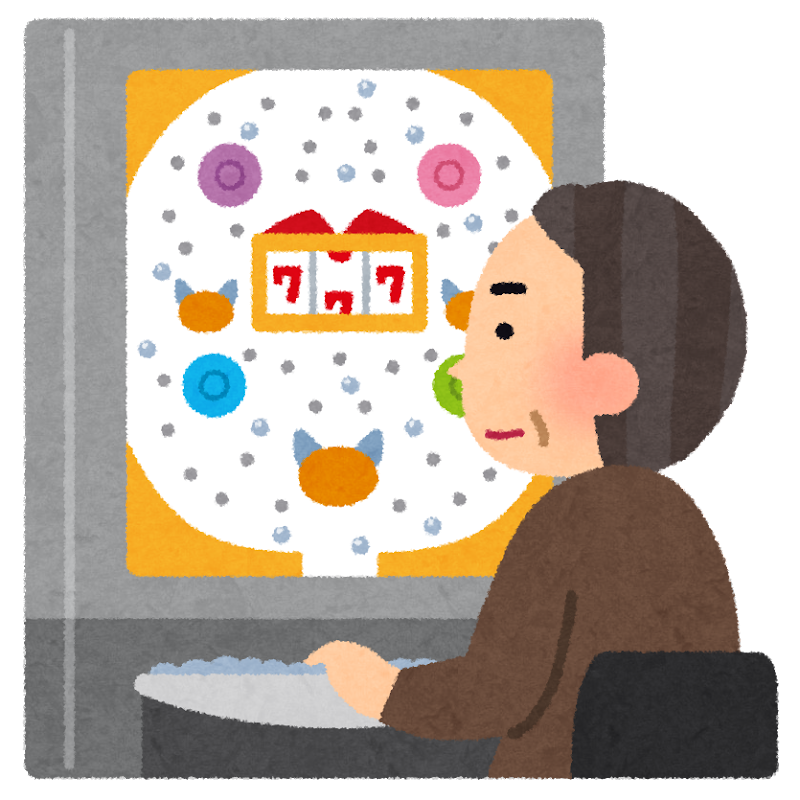Q:
I think Japanese gambling low is horrible. One can play Pachinko but one can’t play poker. I think there is a corruption. Politicians can earn the vote from the Pachinko. How do you think?
A:
The Japanese gambling laws, including the distinction between Pachinko and poker, are indeed complex and have been subject to criticism from various perspectives.
Pachinko, a popular form of entertainment in Japan, operates under a legal loophole where players can exchange their winnings for tokens or prizes, rather than cash directly. This allows Pachinko to function as a form of gambling without technically falling under the strict gambling regulations.
On the other hand, poker and many other forms of gambling are heavily regulated or outright prohibited in Japan. This has led to criticism from those who argue that the laws are inconsistent or unfair.
Regarding the potential for corruption, it’s certainly possible that politicians could benefit from the Pachinko industry. The Pachinko industry is significant in Japan, with many parlors operating across the country and generating substantial revenue. Politicians may seek support from Pachinko operators or players in exchange for favorable policies or regulatory environments.
However, it’s essential to approach such claims with a critical mindset and consider the broader context. While there may be concerns about the influence of certain industries on politics, it’s important to thoroughly investigate any allegations of corruption and address them through appropriate channels.
Ultimately, the regulation of gambling, including Pachinko and poker, involves balancing various societal, cultural, and economic factors. It’s a complex issue that requires careful consideration and ongoing review to ensure fairness and integrity in the regulatory framework.


コメント